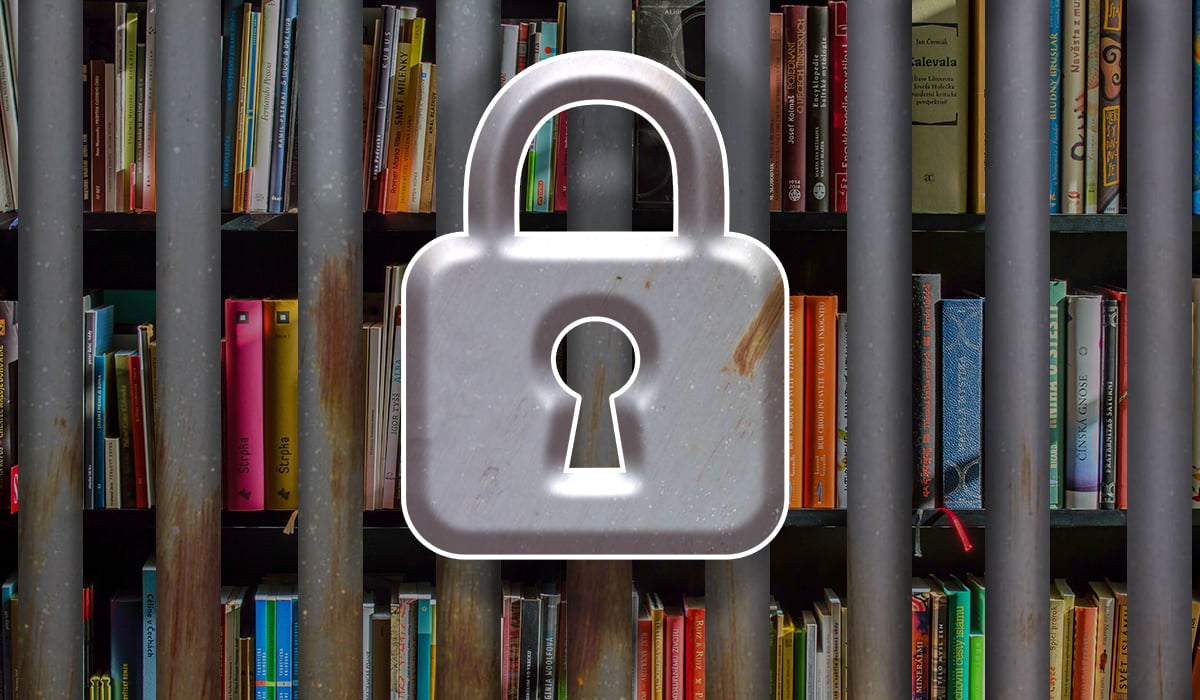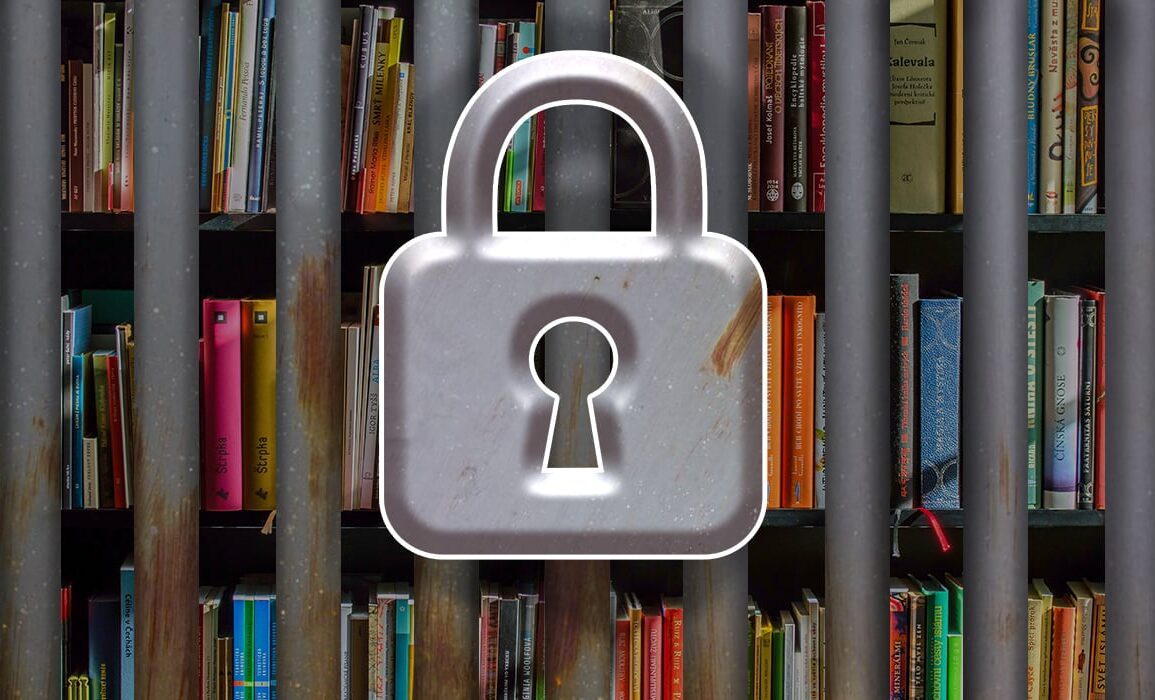
Today is the last day of PEN America’s inaugural Prison Banned Books Week.
Though banned books in carceral settings are generally acknowledged during Banned Books Week, the latest prison censorship report from PEN America, a nonprofit dedicated to protecting open expression worldwide, makes it clear that the issue needs a dedicated week of its own due to the U.S.’s prison-industrial complex’s unique problems.
According to “Reading Between the Bars: An In-Depth Look at Prison Censorship,” single-state prison systems actually censor more books than all schools and libraries combined, and thanks to PEN America and its partners, prison censorship will be the focus of the week leading up to Halloween, October 25 through 31.
“The extent of prison book banning is alarming and an attack on the written word itself,” said the report’s lead author Moira Marquis, senior manager in the justice and writing department at PEN. “Censorship should not be a knee-jerk tactic by authorities to address other prison concerns, such as spurious claims that books are a conduit for drugs. Yet we are witnessing vast amounts of time, effort, and money expended in order to stop people from reading. This censorship must end.”
Beginning as early as 1991 in Florida and New York, state departments of corrections started banning books deemed a threat to the interests of incarceration. Twenty-two years later, Florida bans the most titles out of the 28 states surveyed by PEN America, with 22,825 banned. As of 2021, Texas follows the Sunshine State with 10,265 banned titles, then Kansas with 7,699 titles up to 2021, the latest data available.
However, due to the lack of documentation, PEN America says the “true extent of carceral censorship is likely exponentially greater” than the figures reported.
Of these 28 states that record titles banned in prisons, a cookbook, Prison Ramen, which is a collection of recipes for ramen noodles (some contributed by anonymous prisoners and others from recognized figures such as Shia LaBeouf), is most frequently banned (19 states). Prison Ramen was written by actor Clifton Collins Jr. and Gustavo “Goose” Alvarez, a former California inmate. The award-winning actor Samuel L. Jackson wrote the foreword to the 2015 paperback edition. 48 Laws of Power by Robert Greene, the New York Times bestselling author of self-help books, follows as the second most banned title (18 states). The Art of War, a 5th-century BC military text, is also frequently banned by prisons.
PEN America
In response to the news that his book was the second most banned title, Robert Greene said everyone should be concerned about prison censorship: “It’s a form of control. It’s the ultimate form of power of manipulation. So the hypocrisy of saying, ‘this is a book that’s dangerous for you…’ whereas they’re [prisons] the ones that are completely controlling the dynamic and giving you access to only certain amounts of information is very frightening. That’s how totalitarian systems operate.”
Join PEN America in calling for an end to the most pervasive censorship in our society by telling legislators and prison authorities #BookNotBans.
(featured image: Alyssa Shotwell)
Have a tip we should know? [email protected]
This post was originally published on this site be sure to check out more of their content.









